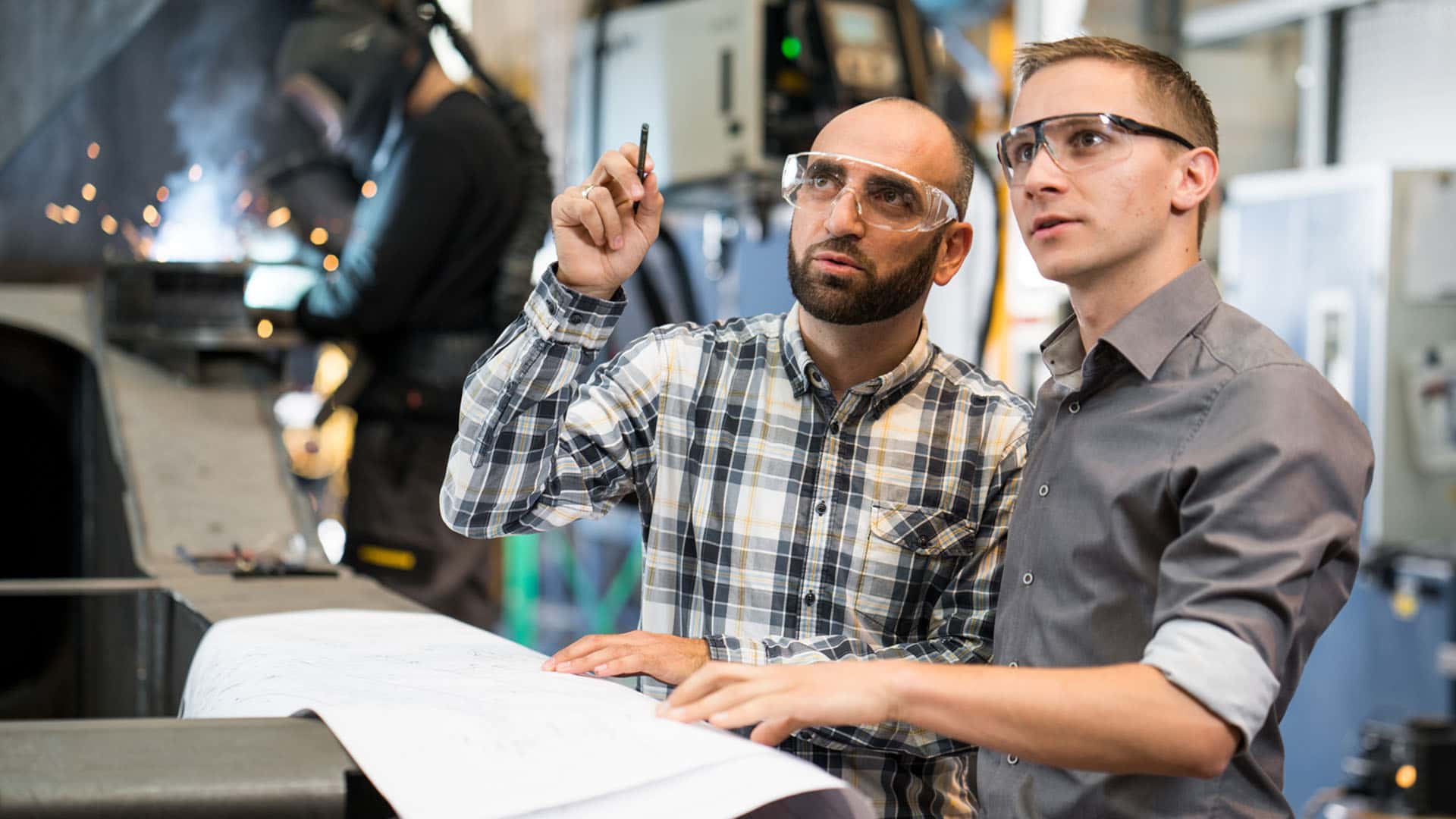In recent years, the rail industry has made significant strides towards making mobility more environmentally friendly. Liebherr-Transportation Systems has been working intensively to implement more climate-friendly alternatives compared to conventional refrigerants and to adapt heating, ventilation, and air-conditioning (HVAC) systems accordingly. Three technologies stand out in particular: the use of alternative refrigerants such as CO₂ or propane, and Liebherrʼs proven air-cycle technology.
Energy efficient cooling with CO₂
What initially sounds contradictory is actually a climate friendly alternative to conventional refrigerants: CO₂, also known as R744. With a Global-Warming-Potential (GWP) of 1, it not only has a very low greenhouse effect compared to conventional refrigerants, but it is also particularly energy-efficient in temperate climate zones and can heat very efficiently in heat pump operation. Moreover, the refrigerant is non-toxic and non-flammable. Since carbon dioxide occurs in large quantities in nature, it is cost effective compared to synthetic refrigerants.
“With the start of serial production of HVAC systems using CO₂ as a refrigerant in 2024, we have reached a major milestone on the road to more sustainable mobility,” reports Reinhard Aigner, Coordinator of Research and Technology at Liebherr-Transportation Systems in Korneuburg (Austria). He has been intensively involved with air-conditioning systems and how they can become more environmentally friendly for many years. “Our HVAC systems are one of the first solutions of their kind to be used in rolling stock applications.”
Maximum cooling performance with minimal energy consumption thanks to propane
Another major milestone for Liebherr is the start of serial production of propane-based HVAC units. The natural refrigerant, also known as R290, enables more sustainable cooling and, in terms of pressure, is very similar to the previously used refrigerant R134. With a GWP of 3, it provides a low greenhouse potential as well as maximum cooling performance with minimal energy consumption. This system also guarantees rail vehicle operators a reliable product solution with low downtime. The corresponding technical concept, which takes all relevant safety requirements, such as the flammability of the refrigerant, into account, was developed in collaboration with TÜV Süd.
Cooling with natural ambient air
A completely climate-friendly solution is Liebherrʼs air cycle technology. The trick: it uses only natural ambient air for cooling – no refrigerant is needed. “With air-cycle technology, ambient air is compressed, cooled, and expanded again to achieve the desired cooling effect,” explains Reinhard Aigner. “Since the system consists of only a few components and the cooling circuit does not require pressure testing and evacuation after restoration, the air-based air-conditioning system is simple and cost-effective to maintain. Additionally, the system is characterized by low operating costs and due to efficient partial load control, low energy consumption.”
Originally developed by Liebherr for the aviation industry, the air-cycle technology has been used for decades in aircraft air-condition systems. Given the significant advantages over conventional vapor cycle systems, Liebherr was one of the first companies to start using this technology in rail vehicles. The goals in both industries are the same: economy and passenger comfort.


